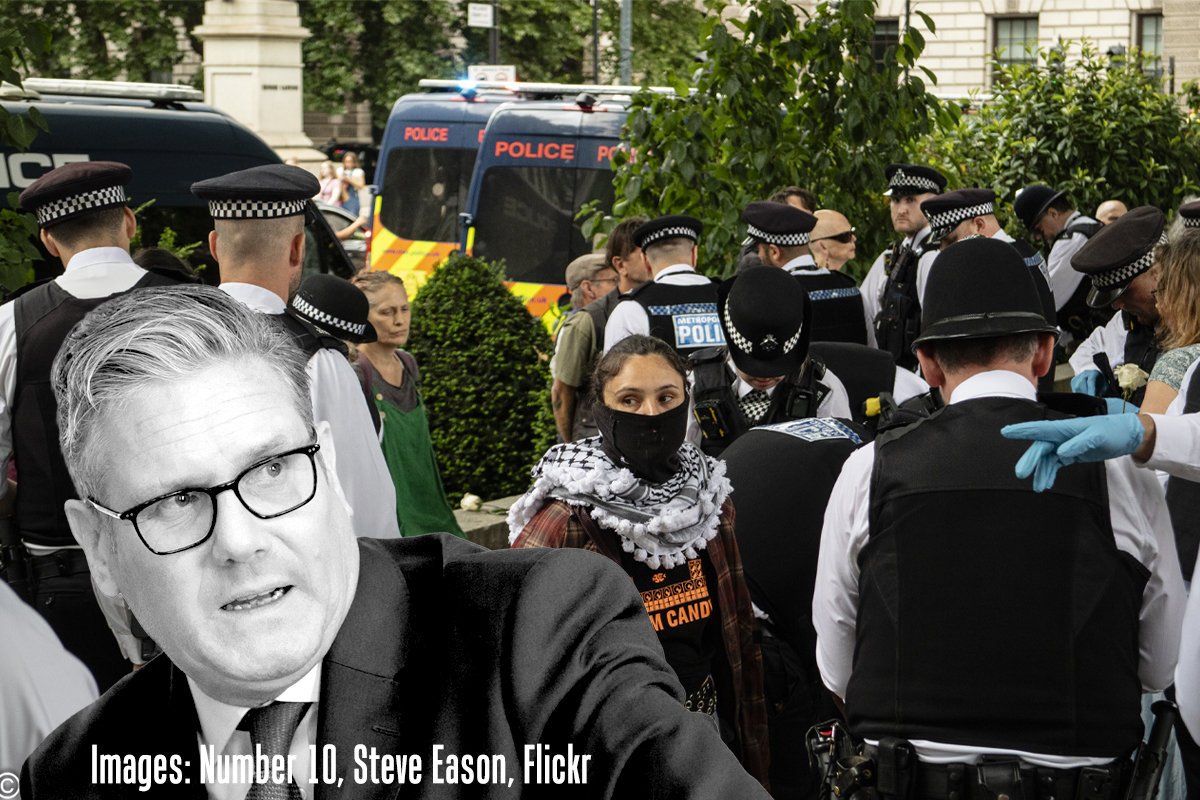Campaigners to keep Tyne and Wear
Metro, Britain’s best-performing railway, in the public sector, have condemned
the publication of a list of ‘approved bidders’ that brings the network’s
operations a step closer to privatisation.
Around 250 RMT members employed by the
Tyne and Wear passenger transport executive Nexus are to be balloted for strike action over the threat
to jobs and conditions posed by moves to privatise the network’s operations.
Union members will be urged to vote
for action after the company failed to deliver assurances on the future
security of jobs, pensions, travel concessions, pay, staffing levels and
negotiation arrangements.
Why privatise? Tyne and Wear
Metro was the best performing rail operator in the UK last year, according to
Office of Rail Regulation figures, running 95.57 per cent of trains on time in
2007/08, ahead of all privately operated franchises
Nexus says that its figures so far this year are even better, with
96.72 per cent of trains run on time. The network also carried more than 40
million passengers for the first time in 16 years.
The government has agreed to provide £300 million for the ‘reinvigoration’
of the Tyne and Wear Metro, all of which will come from the public purse.
However, Nexus, which itself had put the case to keep Metro as an integrated
railway, has invited private sector bids to operate passenger services and
maintain infrastructure.
The list of ‘approved bidders’
includes Serco-Ned, a consortium of the engineering company and the
Netherlands’ state-owned railway; Deutsche Bahn, the German national railway,
and the Hong Kong-based MTR Corporation, as well as an in-house bid from Nexus,
the Tyne and Wear passenger transport executive.
“Every penny piece of the £300
million earmarked for Metro’s modernisation should be spent on maintaining it
as Britain’s best performing railway,” RMT general secretary Bob Crow said
today.
“But if the Metro’s operations are handed over to one of the three private
bidders next year we will see huge sums of public cash siphoned out into
private pockets as profits.
“Our economy is reeling from the damage done to it by corporate greed, and
across the country rail privateers are looking to cut staff and services to
maintain their profits. That is the wrong way to go for the Metro,” Bob Crow
said.
“Nexus and the government are playing Russian roulette with the future of
our Metro, yet there is no earthly reason for the bidding process to take place
at all,” said RMT regional organiser Stan Herschel.
“Metro has proved time and again that it is run properly and efficiently in
the public sector, and it beggars belief that anyone could even think of
putting its operations into private hands,” Stan Herschel said.
Geordies say no
An opinion poll conducted by ICM Omnibus for Keep Metro Public asked a
representative sample of 549 people in Tyne and Wear, Cleveland County Durham
and Northumberland between September 1 and September 11 the question:
“You may have seen that the
Government is proposing to provide extra funds to improve the Tyne and Wear
Metro service. Do you think the Tyne & Wear Metro should be run by a
publicly owned organisation or should it be run by a private company?
The responses were:
Publicly owned organisation: 60 per cent
Private company: 22 per cent
Doesn’t matter: 10 per cent
Don’t know 7 per cent
The material in this article has been provided by the RMT Union.






